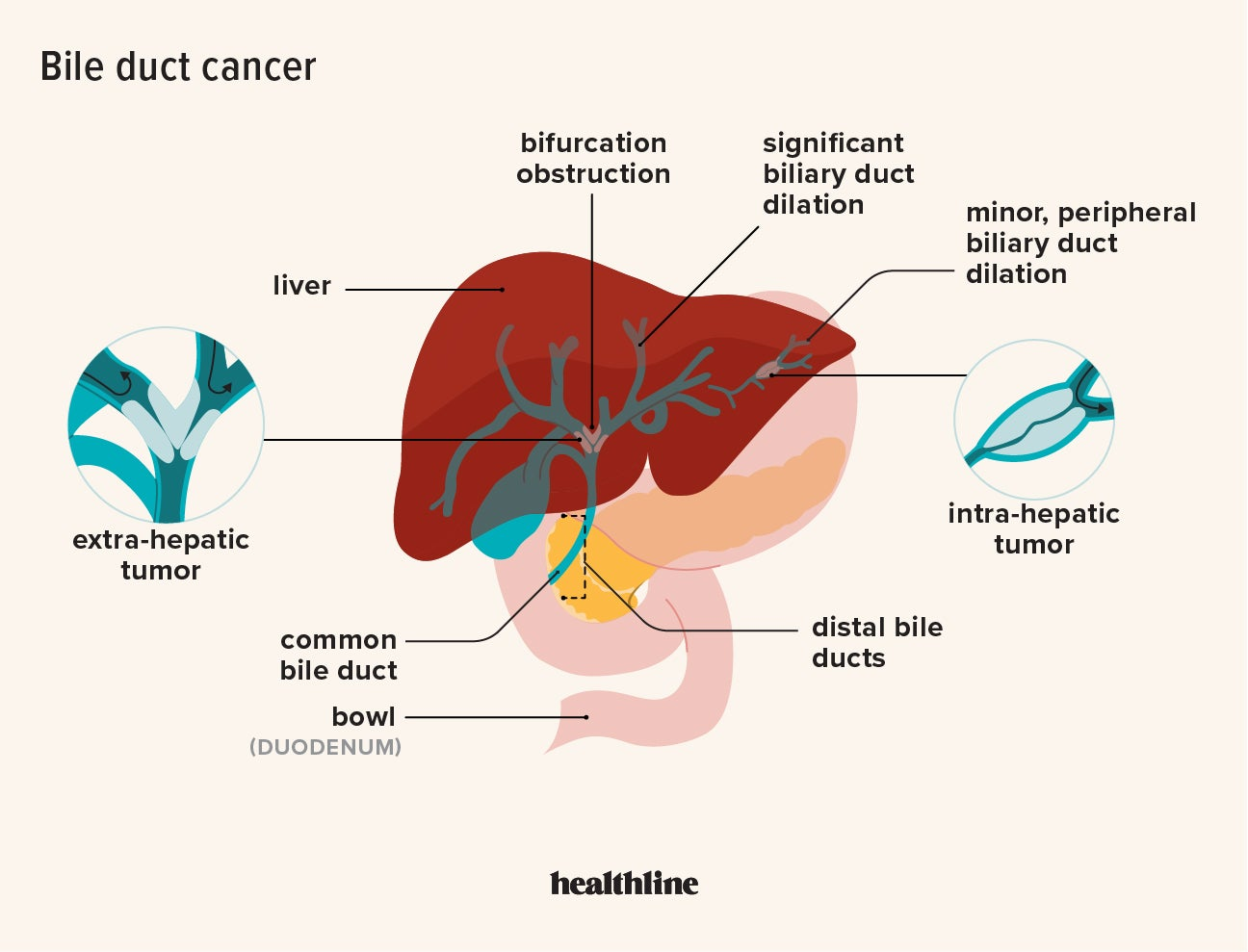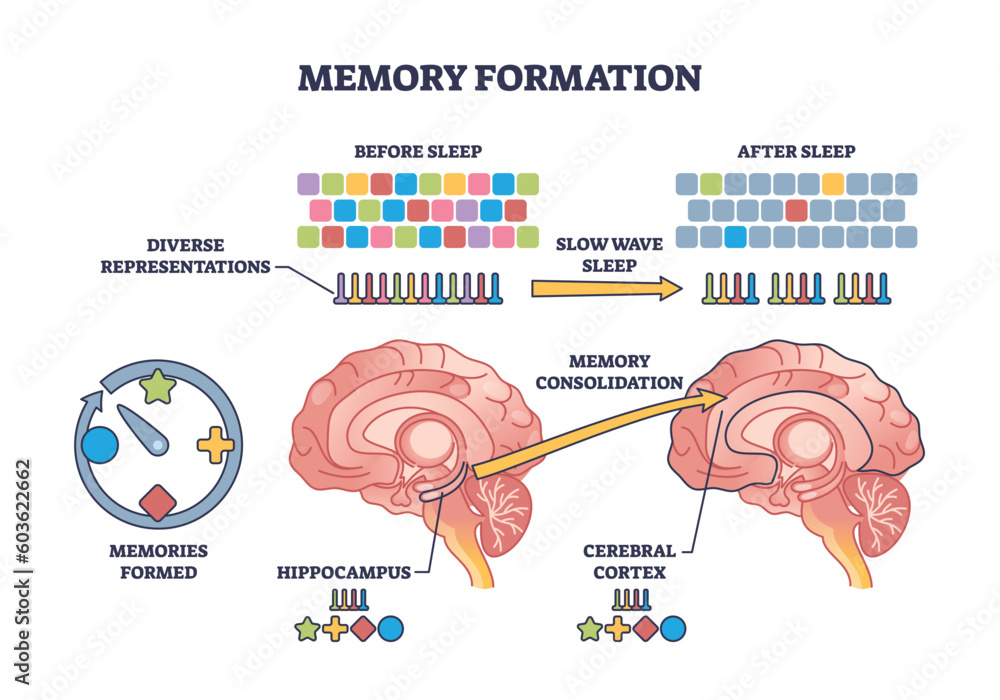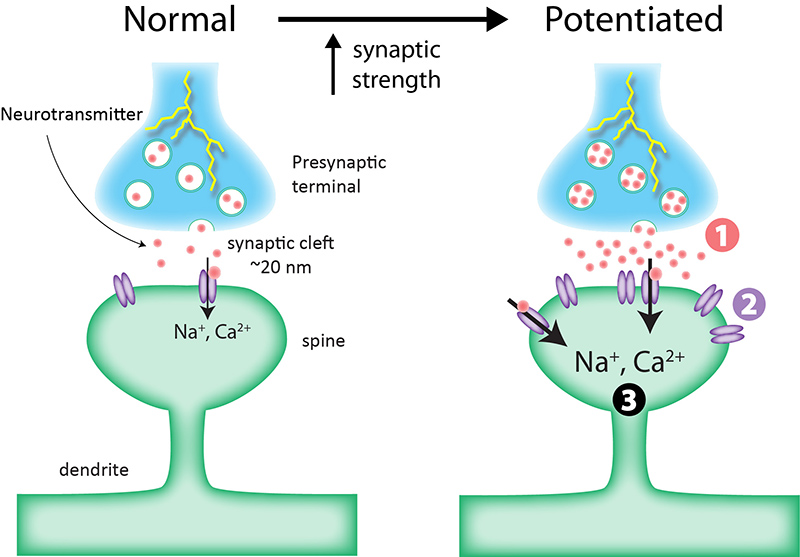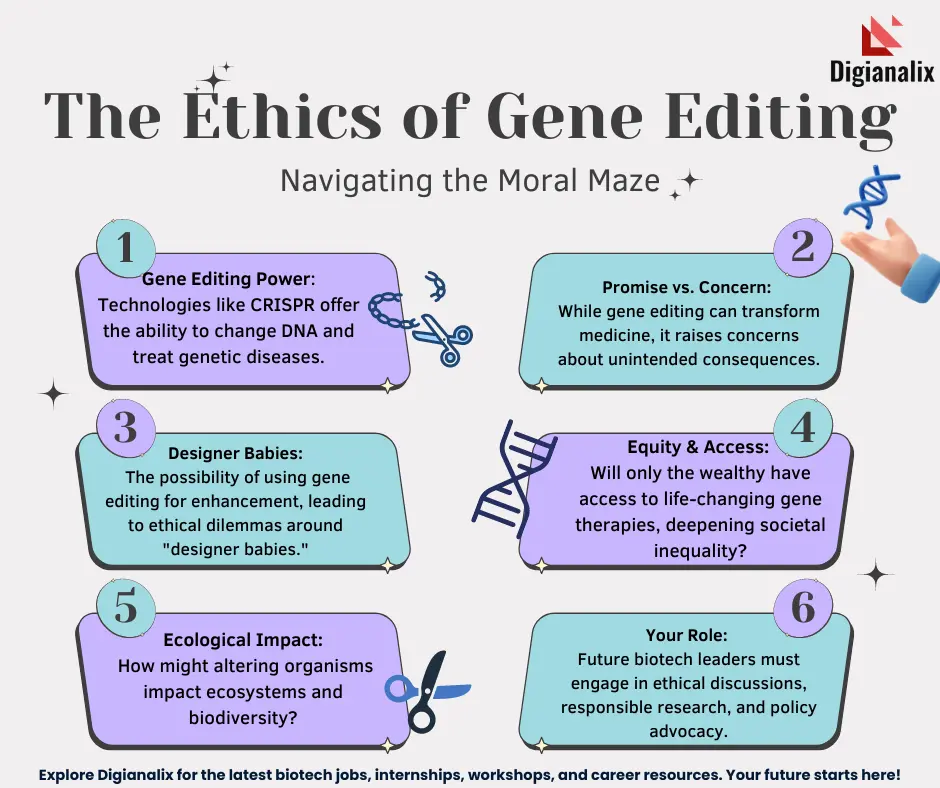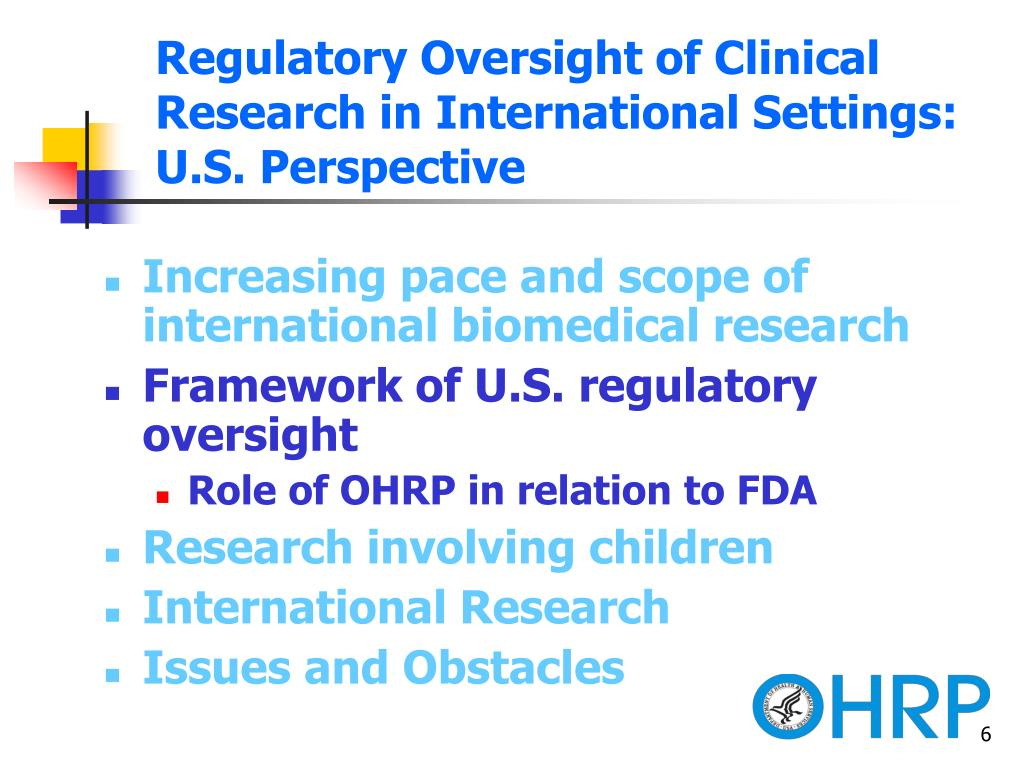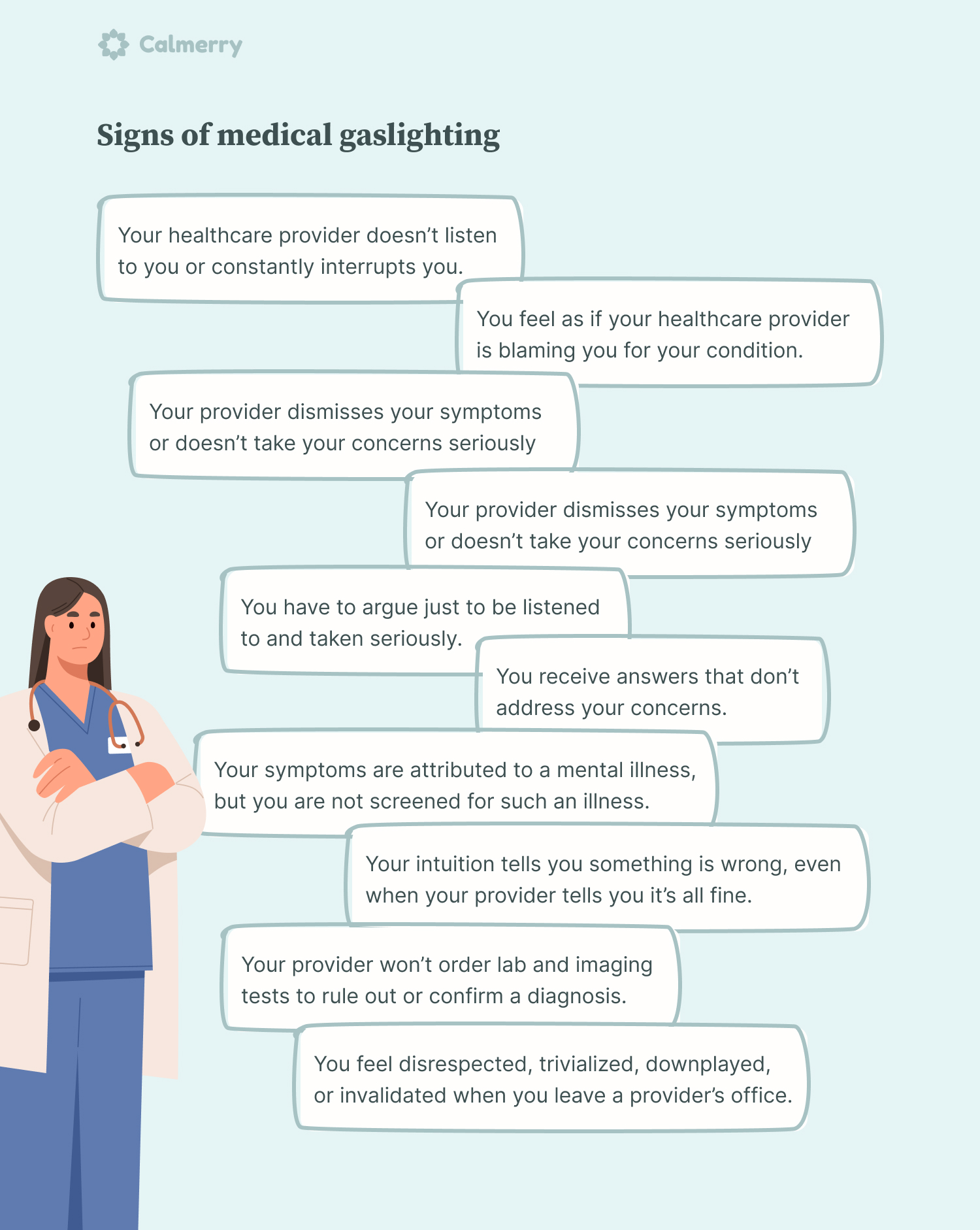
Medical gaslighting is an alarming phenomenon that occurs when healthcare providers diminish or dismiss the legitimate concerns of their patients, often making them question their symptoms or mental health. This issue is particularly prevalent in the doctor-patient relationship, where effective healthcare communication is crucial for trust and understanding. Patients suffering from conditions like long COVID or irritable bowel syndrome often face psychological invalidation, which can lead to feelings of isolation and frustration. As healthcare providers become increasingly burdened by paperwork and caseload pressures, the risk of inadvertently engaging in medical gaslighting rises. Addressing this issue requires a focus on improving patient experiences and fostering compassionate communication between doctors and patients.
Often referred to as ‘medical invalidation,’ this troubling practice highlights the disparities in the healthcare system that can leave patients feeling unheard and devalued. Alternative terms like ‘psychological dismissal’ illustrate how some healthcare interactions may fail to validate the experiences of patients, especially when doctors cannot find clear diagnoses. This dynamic can exacerbate existing healthcare challenges, leading to a breakdown in the essential trust that should characterize the doctor-patient relationship. By acknowledging and addressing these subtle yet significant forms of invalidation, both healthcare providers and patients can work towards improving communication and ensuring that every individual’s experience is respected and affirmed in the healing process.
Understanding Medical Gaslighting: A Patient’s Perspective
Medical gaslighting occurs when healthcare providers dismiss a patient’s symptoms or experiences, often implying that their condition is imaginary. This can be particularly distressing for patients encountering hard-to-diagnose illnesses such as long COVID or irritable bowel syndrome. In these scenarios, patients often leave their appointments feeling belittled or questioning their own reality, leading to increased anxiety and a sense of isolation. The term has gained traction in social media, where countless individuals share their troubling experiences with healthcare providers, further highlighting an ongoing issue within the doctor-patient relationship.
As patients face circumstances where they feel unheard, it’s essential to recognize the intricacies of healthcare communication. The ramifications of medical gaslighting extend beyond mere words spoken in a consultation; they can significantly impact a patient’s mental health and overall wellbeing. Psychological validation is crucial, and when doctors fail to acknowledge a patient’s concerns, it can lead to long-lasting mistrust in healthcare systems. Patients deserve to be seen as partners in their care, where their experiences are validated, and their voices are heard.
The Role of Psychological Validity in Healthcare Communication
Healthcare providers must foster an environment that prioritizes psychological validity in their communications with patients. This means ensuring that patients feel respected and understood, which can dramatically alter the healthcare experience. When doctors actively listen and validate their patients’ concerns, they allow for a more collaborative environment that promotes better health outcomes. Empathetic communication not only strengthens the doctor-patient relationship but also encourages patients to share more about their symptoms and experiences, leading to more accurate diagnoses and effective treatment plans.
Building a robust doctor-patient relationship is instrumental in enhancing healthcare communication. When patients feel that their emotions and concerns are acknowledged, they are more likely to engage in open discussions about their health. This collaboration can lead to improved patient experiences, increased adherence to treatment plans, and ultimately, better health outcomes. Investing time in psychological validation helps to alleviate the negative impacts of medical gaslighting and promotes a healthcare culture that centers on empathy and understanding.
Addressing Burnout Among Healthcare Providers to Improve Patient Care
One of the leading factors contributing to medical gaslighting is the burnout experienced by healthcare providers. Physicians often work under immense pressure to meet productivity targets, navigate complex documentation requirements, and ensure efficient patient care. This overwhelming workload can lead to emotional exhaustion, which in turn impacts the quality of communication during patient interactions. When a doctor’s focus is divided among numerous tasks, the opportunity for meaningful engagement with patients diminishes, leading to potential invalidation of their concerns.
To cultivate a healthier doctor-patient relationship, it’s vital to acknowledge the challenges healthcare providers face. Addressing systemic issues, such as overloaded schedules and excessive paperwork, can alleviate some of the pressures that contribute to burnout. Encouraging healthcare systems to implement supportive resources for providers can ultimately lead to more attentive and compassionate patient care. Recognizing these struggles creates an opportunity for healthcare organizations to take a proactive stance in enhancing patient experiences and ensuring that each patient feels validated and respected in their healthcare journey.
Navigating the Impact of Social Media on Patient Narratives
Social media has emerged as a powerful platform for patients to share their healthcare experiences, especially those related to medical gaslighting. Individuals often turn to online communities to find validation and support when they feel dismissed by their healthcare providers. While these platforms can foster connection among those experiencing similar challenges, they can also shape public perception about medical conditions and the dynamics of doctor-patient interactions. The amplification of medical gaslighting narratives online has raised awareness of this critical issue, prompting discussions about the importance of validating patient experiences.
These digital narratives can influence how patients approach their healthcare. Armed with knowledge and the shared experiences of others, patients may feel empowered to advocate for themselves in medical settings. However, healthcare providers must also be aware of the impact of social media on expectations and patient perceptions. Open communication regarding the influence of shared patient experiences online can help bridge the gap between patients and providers, creating a more understanding and supportive atmosphere during consultations. As these interactions evolve, the focus must remain on fostering trust and collaboration.
The Importance of Compassionate Healthcare Practices for Patients
Compassionate healthcare practices are essential in ensuring that patients feel seen and heard. When healthcare providers approach their interactions with empathy and understanding, they create a safe space for patients to express their struggles. This approach diminishes the likelihood of medical gaslighting, as patients are less likely to feel dismissed or invalidated when their experiences are genuinely acknowledged. By cultivating a compassionate environment, healthcare providers not only improve the quality of care but also strengthen the therapeutic alliance between themselves and their patients.
Additionally, integrating compassionate practices into healthcare communication can lead to more effective outcomes. When patients feel supported, they are more likely to engage actively in their treatment plans and express any concerns or symptoms experienced. This cooperative dynamic fosters deeper trust, reduces anxiety, and encourages open dialogue. Ultimately, as healthcare providers continue to focus on compassion, it mitigates the effects of medical gaslighting and promotes a more positive healthcare experience for all.
Transforming Healthcare Systems to Reduce Medical Invalidation
Addressing medical gaslighting requires a systemic transformation within healthcare organizations. By prioritizing training on effective healthcare communication and psychological validation, providers can enhance their interactions with patients. Understanding the nuances of patient experiences allows healthcare professionals to validate feelings and concerns, fostering a more empathetic environment. This approach not only reduces instances of medical gaslighting but also cultivates resilient doctor-patient relationships that contribute to improved health outcomes.
Moreover, healthcare systems need to reassess their operational pressures that lead to burnout. By reshaping policies that enable a balanced approach to patient care, providers will have the time and resources required for meaningful patient engagement. Adopting practices that prioritize both provider wellbeing and patient satisfaction is crucial for creating a supportive environment where medical invalidation is minimized. This comprehensive transformation in healthcare practices can forge healing relationships between patients and providers, ultimately enhancing patient experiences.
Empowering Patients Through Education and Awareness
Patient education plays a pivotal role in combatting medical gaslighting and enhancing overall healthcare experiences. As patients become more informed about their health conditions, they gain the confidence to advocate for themselves during medical appointments. Awareness of their rights as patients allows individuals to recognize when their experiences are being invalidated, empowering them to speak up and seek clarification from their healthcare providers. Education can also help patients understand medical terminology and procedures, making them active participants in their care.
Additionally, healthcare providers can provide educational resources and support tools that enable patients to express their concerns more effectively. By fostering an atmosphere where questions are welcomed and addressed, providers can validate patients’ experiences and encourage open communication. This proactive approach in empowering patients not only mitigates instances of medical gaslighting but also creates a healthcare culture centered on collaboration and respect, ultimately leading to better health outcomes for individuals.
Looking Ahead: Reinforcing the Doctor-Patient Relationship
The path forward in addressing medical gaslighting lies in reinforcing the doctor-patient relationship, one rooted in trust and open communication. Providers must prioritize understanding their patients beyond their symptoms, taking the time to listen and empathize with their experiences fully. Such compassionate engagements promote the psychological validity of patient concerns, setting the foundation for effective healthcare interactions. Fostering trust will allow patients to feel secure, asking questions freely and sharing their experiences without fear of dismissal.
To continue strengthening this relationship, healthcare systems must also evolve in addressing systemic pressures that hinder meaningful doctor-patient interactions. Adopting patient-centered care practices can significantly enhance communication, making way for honest discussions about illnesses and treatment plans. By navigating these complexities together, healthcare providers and patients can work collaboratively, ensuring that each person feels valued and respected in the healthcare journey.
Creating a Culture of Acknowledgment in Healthcare
For healthcare providers to effectively combat medical gaslighting, it’s crucial to create a culture of acknowledgment within their organizations. This culture goes beyond mere words; it requires a commitment to validating every patient’s experience and understanding their unique circumstances. Acknowledgment fosters an environment where patients feel secure in expressing their symptoms and challenges, leading to better health outcomes and stronger doctor-patient relationships. Healthcare providers must embrace this culture not only to improve interactions but also to cultivate a supportive space where patients can thrive.
Effective communication practices play an instrumental role in embedding this culture of acknowledgment. Training for healthcare professionals focused on empathetic listening, validation techniques, and respectful engagement can drastically transform the patient experience. As providers work collaboratively with patients, they will be able to recognize signs of medical gaslighting and take proactive steps in addressing concerns. Ultimately, cultivating a culture of acknowledgment can restore faith in healthcare systems and enhance patient satisfaction.
Frequently Asked Questions
What is medical gaslighting and how does it affect the doctor-patient relationship?
Medical gaslighting refers to situations where healthcare providers dismiss patients’ concerns or suggest their symptoms are imaginary, damaging trust in the doctor-patient relationship. This lack of validation can lead to patients feeling unheard and can complicate their healthcare experiences.
How can healthcare communication reduce instances of medical gaslighting?
Enhancing healthcare communication can significantly reduce medical gaslighting by fostering an environment where patients feel comfortable discussing their symptoms. When healthcare providers actively listen and validate patients’ experiences, it encourages a collaborative approach to care.
What role does psychological validation play in addressing medical gaslighting?
Psychological validation is crucial in combating medical gaslighting as it involves acknowledging and affirming a patient’s feelings and experiences. This practice helps build trust between patients and healthcare providers, enhancing the overall quality of care.
What are common patient experiences that may lead to feelings of medical gaslighting?
Patients often report experiences of medical gaslighting when dealing with conditions that lack clear diagnostic tests, such as chronic fatigue syndrome or fibromyalgia. Feeling dismissed or told their symptoms are ‘all in their head’ contributes to these negative experiences.
How can patients effectively communicate their concerns to healthcare providers to avoid medical gaslighting?
Patients can prepare for appointments by clearly documenting their symptoms, expressing their concerns assertively, and asking questions about their treatment options. Encouraging open dialogue helps prevent feelings of medical gaslighting.
What steps can healthcare providers take to prevent medical gaslighting in their practice?
Healthcare providers can work to prevent medical gaslighting by adopting empathetic communication strategies, creating a supportive environment for patient feedback, and ensuring adequate time for patient consultations.
When should medical gaslighting be labeled as medical invalidation instead?
Medical gaslighting may be more accurately labeled as medical invalidation when healthcare providers lack the intent to deceive but still dismiss or minimize a patient’s symptoms. Recognizing this distinction can encourage more constructive conversations about patient care.
How do systemic pressures on healthcare providers contribute to medical gaslighting?
Systemic pressures such as high patient loads and extensive documentation requirements can lead healthcare providers to rush appointments, potentially resulting in medical gaslighting as they may overlook the need for thorough patient engagement and validation.
What is the impact of medical gaslighting on patient mental health?
Medical gaslighting can have a significant negative impact on patient mental health, leading to increased anxiety, depression, and feelings of isolation as patients struggle with the experience of being doubted by their healthcare provider.
How can advocacy and peer support help combat medical gaslighting?
Advocacy and peer support can empower patients by providing them with resources, shared experiences, and a supportive community. This can help validate their experiences and strengthen their confidence when communicating with healthcare providers.
| Key Concept | Explanation |
|---|---|
| Medical Gaslighting | A term used to describe when patients feel dismissed or invalidated by medical professionals, particularly when their symptoms are hard to diagnose. |
| Intent and Compassion | Experts suggest that the majority of cases do not involve intent to deceive, hence it might be better described as ‘medical invalidation’ instead of gaslighting. |
| Caseload Pressures | Doctors face immense pressure from healthcare systems to manage time effectively, which can lead to rushed interactions and feelings of invalidation for patients. |
| Patient Experience | Patients often feel frustrated and unsupported when their symptoms are labeled as psychological, which can exacerbate their condition. |
| Systemic Issues | Burnout rates among physicians are high, contributing to ineffective patient communication and impacts on quality of care. |
Summary
Medical gaslighting refers to the troubling phenomenon where patients feel their concerns are dismissed by medical professionals, especially in the context of difficult to diagnose conditions. Understanding this issue is crucial for improving patient-physician relationships. Establishing compassion and acknowledgment of the systemic pressures in healthcare can help mitigate feelings of invalidation and promote more meaningful interactions. Advocating for structural changes in healthcare settings can further enhance the patient experience, creating a more supportive environment where both patients and providers thrive.

